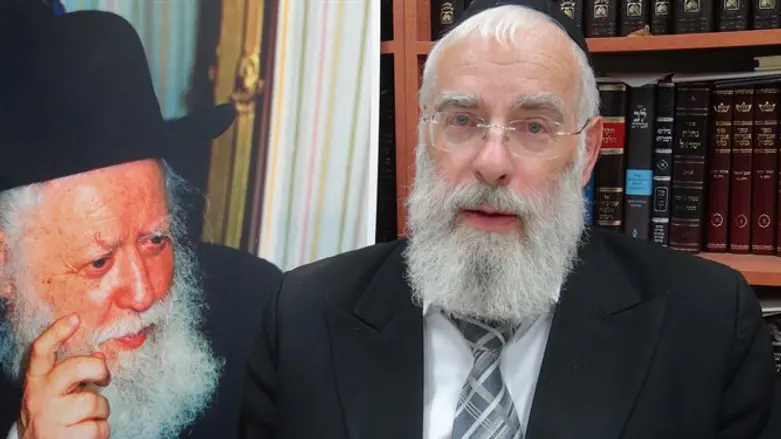
Fleeing Eisav’s wrath and the comforts of the only home he has ever known, Yaacov (Jacob) sets out towards an uncertain future in Charan: “Yaacov departed from Beersheva and went toward Charan”. Rashi famously addresses the apparent redundancy in the verse:
It would have been sufficient to say “Yaacov went to Charan”. Why does [the verse] mention his departure? To teach you that the departure of a righteous person from the city leaves an impression. As long as this person resides in the city, he constitutes its glory, its splendor, and its beauty. When he departs, its glory, splendor, and beauty depart with him.
Though Rashi’s answer is certainly moving, it is also bewildering. This is hardly the first time in the history of the world that a righteous person has left town. Avraham lived a largely nomadic lifestyle, and his life was punctuated by multiple journeys. Yitzchak (Isaac) also wandered from place to place, most notably in the events that surrounded his stay in Gerar. It stands to reason that when Avraham and Yitzchak left town their absence also created a vacuum. Why does the Torah seem to imply that only Yaacov’s departure was significant and impactful?
In his very essence Yaacov was diametrically opposed to his illustrious father and grandfather. Avraham and Yitzchak travelled around the land and “called out in the name of God”, passionately spreading their religious ideology – their faith in the One and Only God – with the ancient world that surrounded them. Beyond a shadow of doubt, when they left town, their absence was felt acutely.
Yaacov though, lived an insular life. He was “a wholesome man, abiding in tents”. He was not a man of the great, wide open world. One might mistakenly assume that such a person is simply detached. One may doubt that he has the capacity to impact his surrounding environment altogether.
The Torah comes to teach us that nothing could be further from the truth.
Yaacov was a man of the tent. As the third and final patriarch, he was charged with the spiritual task of raising the twelve tribes of Israel. Yaacov necessarily devoted most of his energy to cultivating his home, his inner spiritual world. He set clear boundaries. He infused his home with incredible stability.
He did not confuse the issues. Yet, his spiritual integrity did not remain locked within the confines of his tent. It radiated outward and left a profound impression on his surrounding environment. Though he was a man of the tent, his departure from Beersheva left a deep void.

There is something extraordinary about the tents of Yaacov. They are bastions of spiritual integrity that seek first and foremost to nurture the next generation. This attribute was unique to Yaacov Avinu.
This attribute was unique to Yaacov Avinu.
Even Balaam recognized this when he proclaimed: “How goodly are your tents Yaacov”. There is something extraordinary about the tents of Yaacov. They are bastions of spiritual integrity that seek first and foremost to nurture the next generation. They are strong homes that are built on the values that form our religious and moral compass. And this spiritual legacy, strong and unwavering, shines so brightly that it radiates outward.
In Olat Reiyah Rav Kook notes that when the third Beit Hamikdash is rebuilt, non-Jews will be drawn to it and come to recognize God on account of the deep spirit, glory, spiritual integrity, and splendor that define Am Yisrael. We will not initiate this process. This recognition will simply come on its own. It will be a natural outgrowth of the deep spirit and spirituality that characterize us as a people.
As individuals and as a nation, our internal strength is our greatest asset. Ultimately, this spiritual resolve and inner greatness speaks just as loudly as “calling out in the name of God”. It is our glory, it is our splendor, it is our beauty.
Rabbi Yaakov Shapira is the Rosh Yeshiva of Yeshivat Mercaz HaRav in Jerusalem
_